Have you ever wondered about the fruits and vegetables you drink? Have you done experiment after experiment but still can’t get the taste and texture you want? Although this all depends on personal preferences and tastes we have collected the top vegetables which you should be adding to your daily diet and the best ones which are great for juice.
Most of these veggies that we have picked are perfect for cleanse programs, fasting or just for a healthy boost. The one thing you need to remember is that all fresh, raw and live produce is exceptional and stands out from the crowd, and this is what you should be using in your juice.
Experts have made us realize that our body is always a reflection of what we take in and that’s the truth. The best juices help detoxify the body and in turn wash away toxins and you won’t be surprised that most of them are extracted from green vegetables. If you know right from the onset that what you’re about to take won’t do your body any good, it’s better to stay away from it.
When you take fresh vegetable juice, you’ll realize that your body will be filled with a reasonable amount of nutrients that your body really needs. These nutrients can feed up to 50 trillion cells in your body and the good thing is that they are easily absorbed into your bloodstream so they can work more effectively.
The results that can you can expect from daily juicing can be:
- Mental clarity
- More energy
- Clear, glowing skin
- Weight loss
- Thick shiny hair and nails
- Better digestion
- Alkaline (balance body’s pH= no disease)
- Bulletproof your immune system
- Hydration
- Happy, rejuvenated, refreshed, and great sense of well-being
There are some possible side effects that you can get from drinking a lot of vegetable juice. This is an initial reaction and once your body starts to detoxify itself the symptoms will go away. These might include nausea, irritability, sluggishness, tummy ache, or just a little off. This is totally normal and there is nothing to worry about, this is just the way your body starts to cleanse itself of years built up of toxins.
If you are new to juicing then you should start off with ingredients which aren’t too rich in taste and vegetables that your taste buds are used to. This will give your body a chance to get used to it. After you feel you are on a steady path then you can start experimenting with different ingredients.
All About Detoxing Your Body
Right from time, nutrients have been very important to the body, especially when they’re naturally and unadulterated. Toxins are very harmful to the body (they do quite the opposite of what nutrients do in the body) and you can’t take chances with them; we all know health is paramount. So, when detoxifying your body with juices, you have to create a channel for those toxins to go through and these are what we’ll be discussing below;
1. If you’re familiar with Epsom salt, try to have a bath with it for about 20 minutes.

2. Do a little basic exercise so you can sweat out the salt (it’s all good for the detoxification).

3. Consume a considerable quantity of water, and perhaps tea too so you can urinate often.

Starting to Juice
You can pretty much juice all different types of vegetables and fruits. We recommend starting out with:
- Celery
- cucumber
These two combine to make a strong base because they produce liquid elements and equally easy to digest.
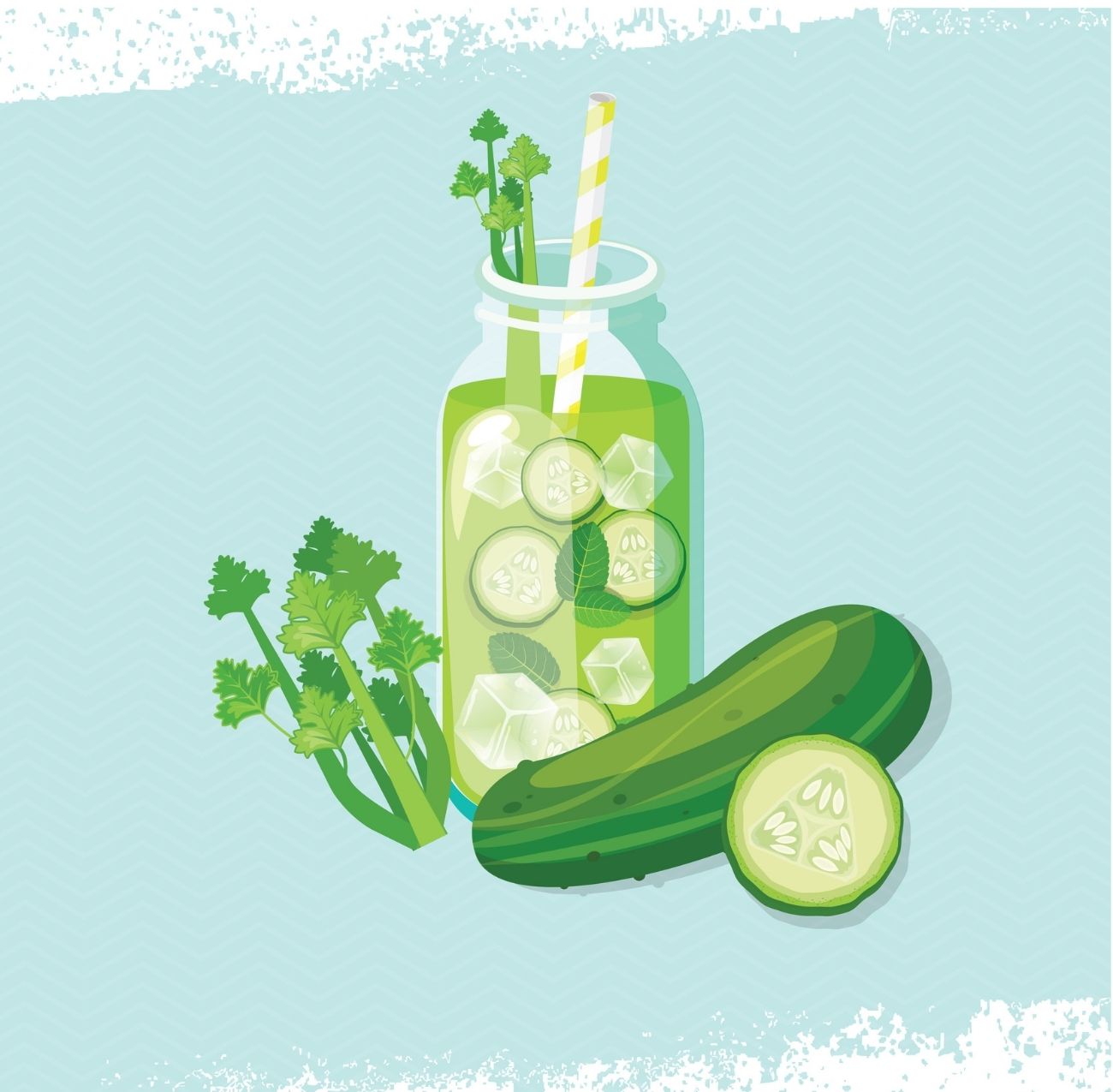
These vegetables aren’t as nutrient dense as the following vegetables below. Once you are more comfortable with drinking green juices, you can advance to the following vegetables:
- Romaine lettuce
- spinach
- cabbage
- bok choy
- fennel
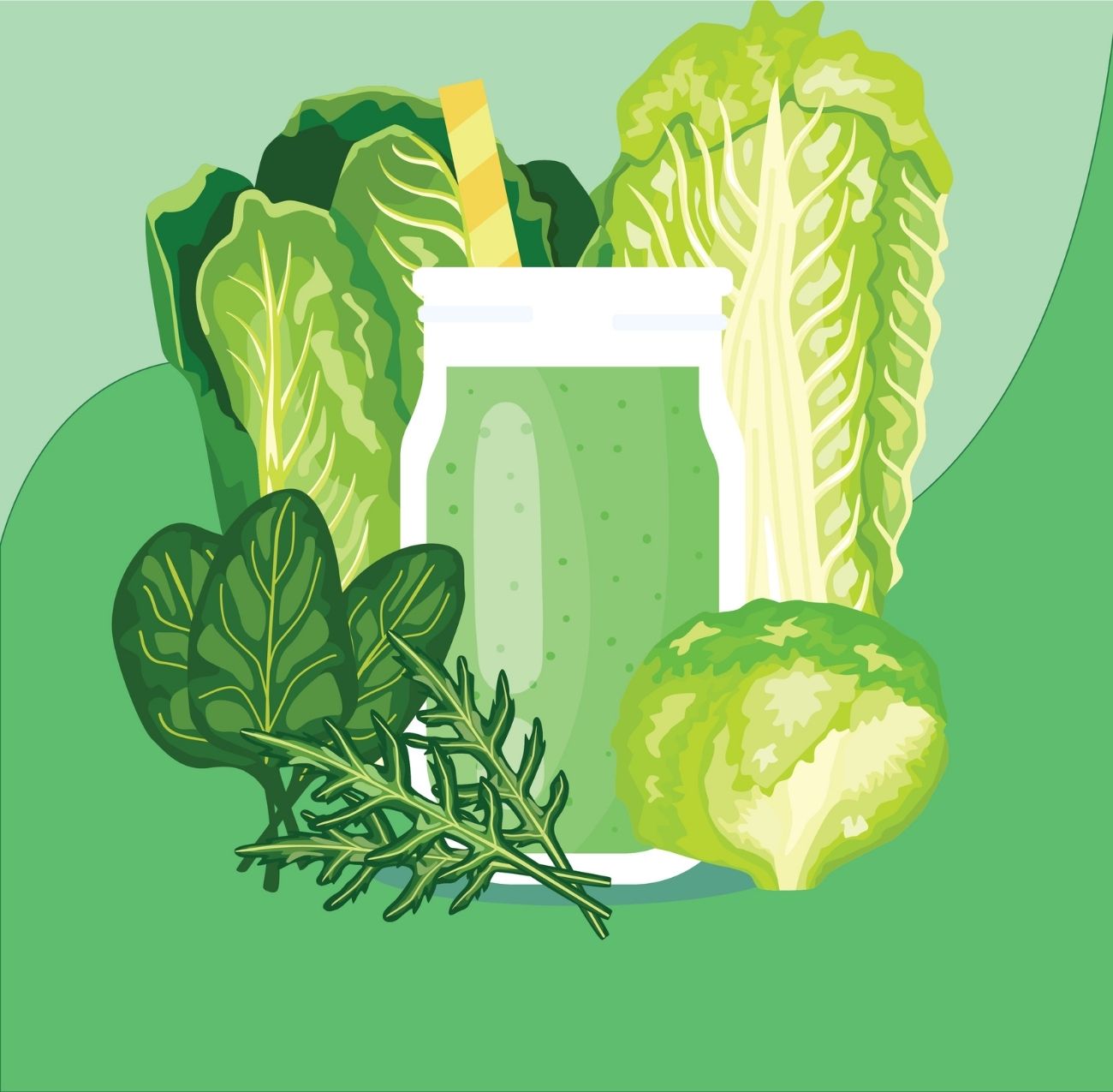
And finally the most bitter tasting, yet so full of nutrients is the following:
- Kale
- swiss chard
- dandelion greens
- collard greens
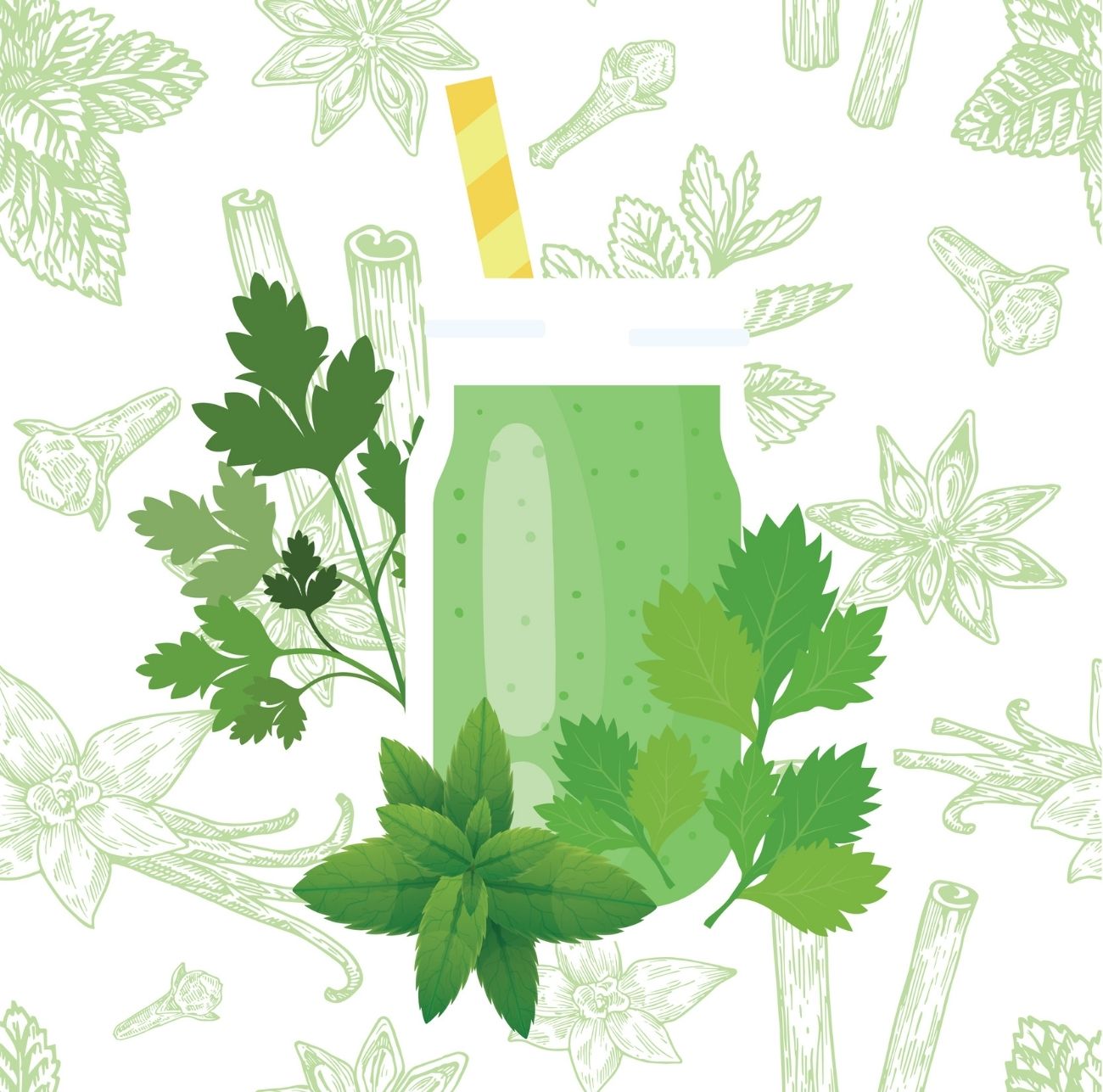
You can also add herbs to your juice! Herbs have powerful healing properties. Start off with a small amount. A couple of sprigs will do.
- Parsley
- cilantro
- mint
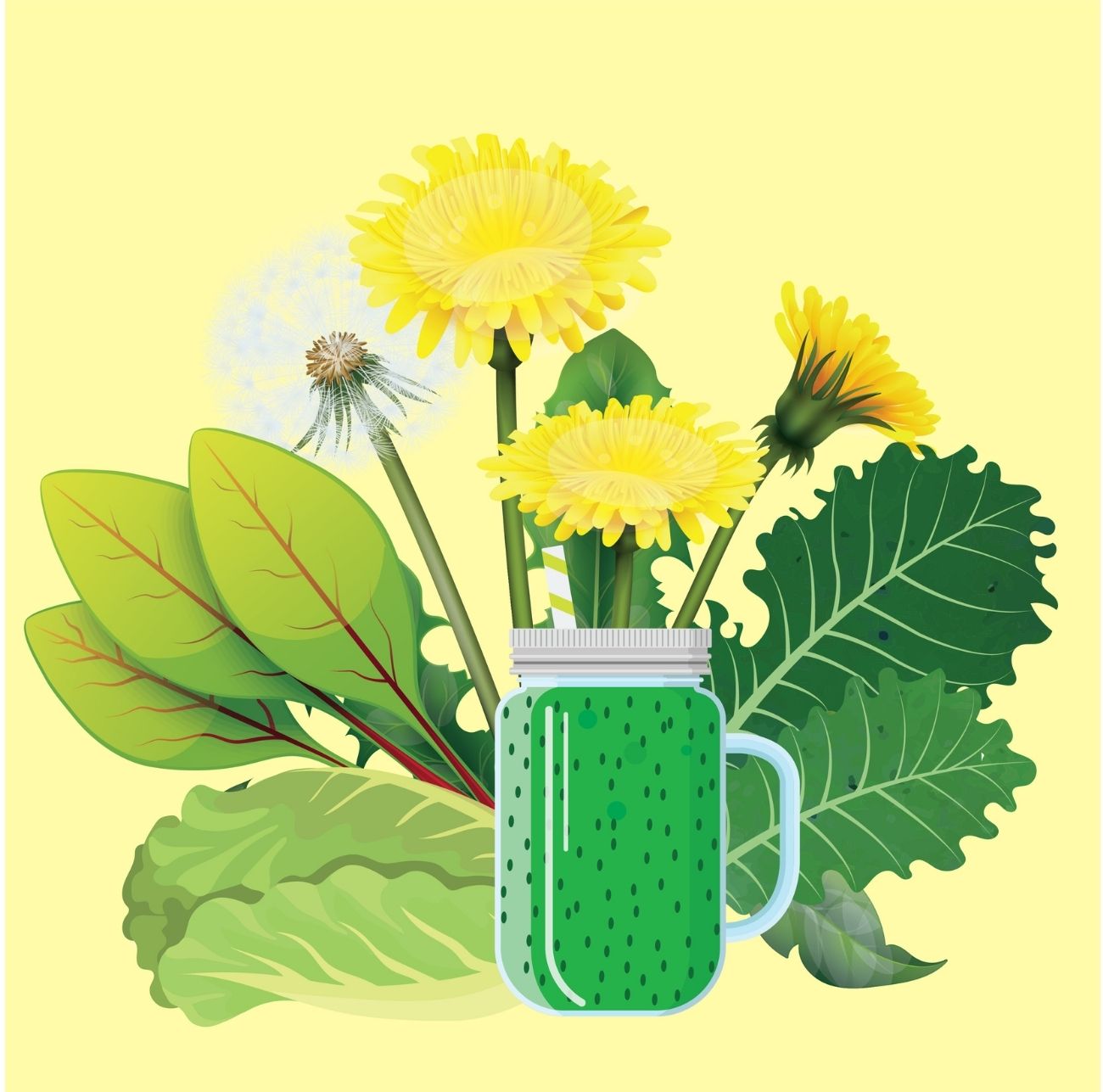
Add a natural sweetener
- Fuji apples
- carrots (You can use any type of apple, but I find that Fuji is the sweetest).
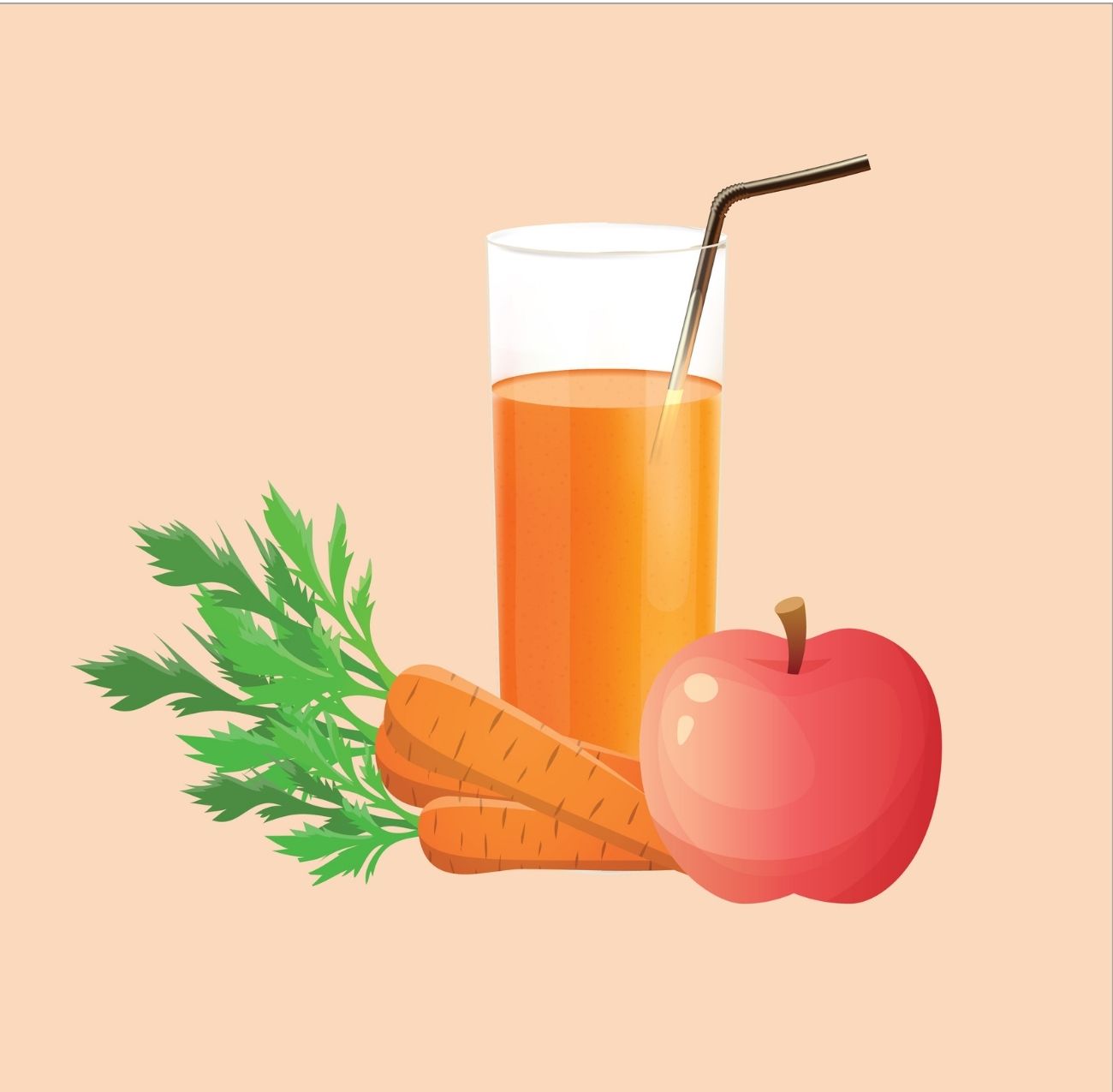
Other vegetables/fruits to consider:
- Bell peppers
- oranges
- pineapples
- sweet potato
- broccoli
- grapes
- pears
- watermelon
- asparagus
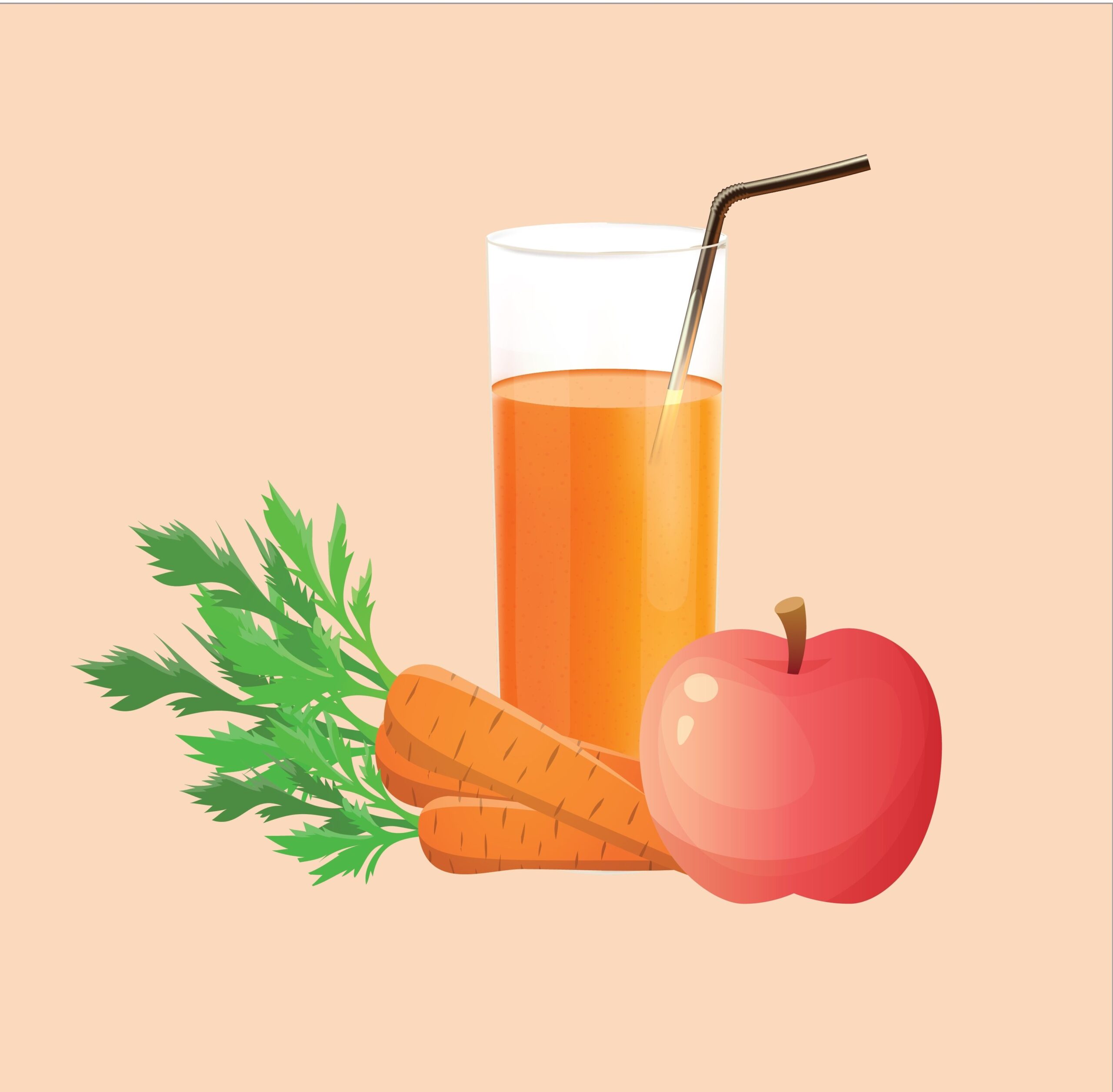
There are endless combinations of fruits and vegetables you can use to juice. However, it is ideal to have a higher ratio of vegetables. Vegetables are the most nutrient dense and best thing you can put in your body.
Storing Your Juice
The moment you expose your juice to light or air, it begins to lose its nutrients and starts oxidizing too. For this reason, it is recommended to consume your juice immediately to get the best results out of it. However, consuming your juice immediately might not always be feasible and that’s why refrigeration is the next best option. Additionally, if you have a masticating juicer (this can help store your juice for up to 72 hours), you can also store it up in your juicer but do not try this with centrifugal juicers as they can only store your juice for 24 hours after which the juice will start losing its nutrients.

Popular and Amazing Carrot Recipe
Carrot has a great taste which perfectly complements its beautiful color but that’s not why people love carrot (it might be different for some people). When carrot is used as base for vegetable juice, the end-result is always mind blowing because carrot on its own can mask any natural vegetable taste to have its own taste dominate in the end.
Carrot is one of the perfect bases for vegetable juice, another one being apple. Apple juices blend well with leafy vegetables like celery and lettuce, and so does Carrot juice. If your reason for juicing is weight loss, you might consider looking at a couple of carrot juice recipes. Being known for its richness in Vitamin A and C, Carrot juices have become very popular over time.
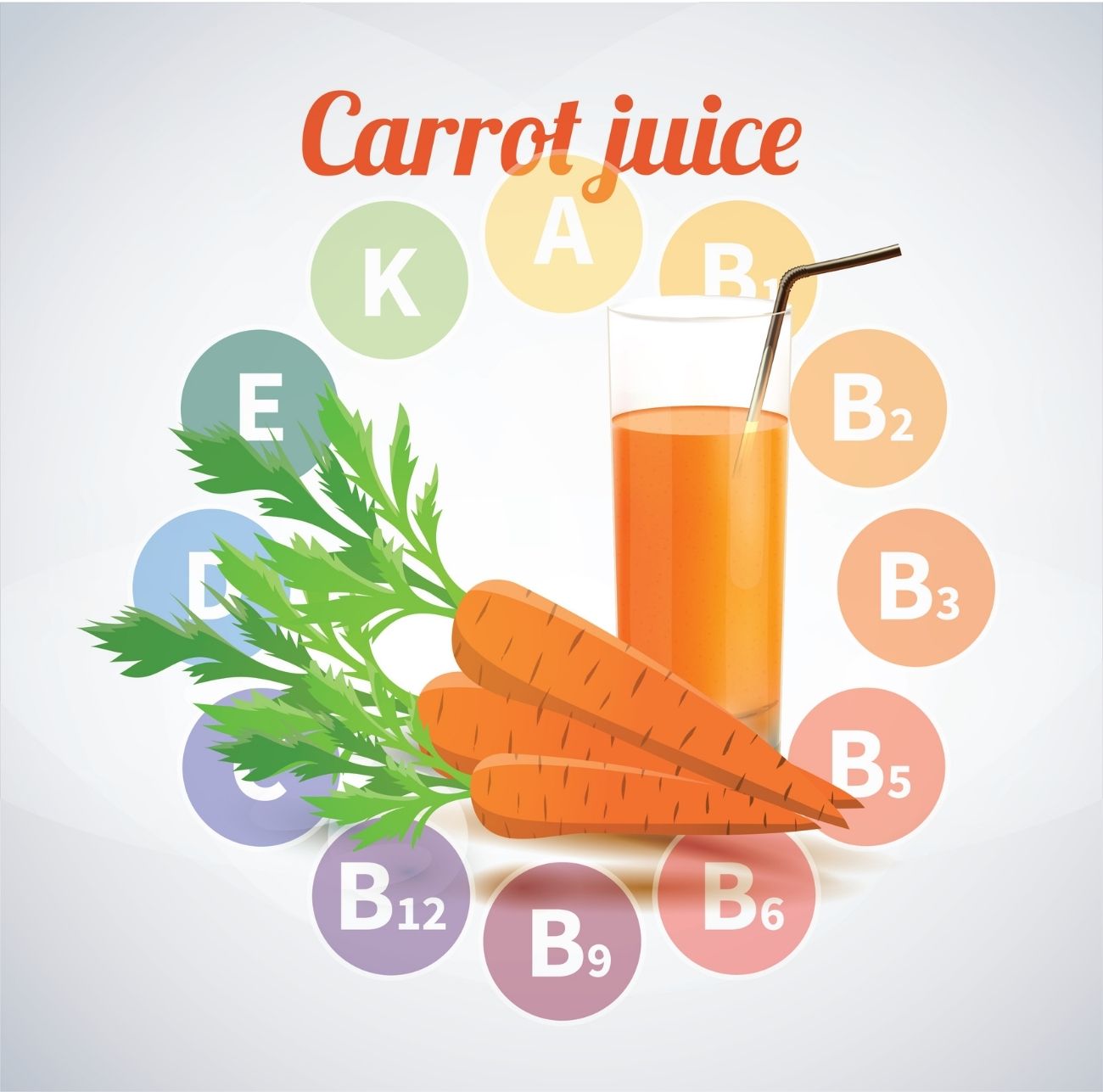
Carrots also have the following nutrients:
- beta-carotene
- folic acid
- chlorine
- magnesium
- sodium
- zinc
To begin the juicing process for carrot juice, make sure you wash your carrots properly and cut off the top to put it in perfect shape for your juicer to process efficiently. However, if you have organic carrots at your disposal, you can leave the skin unpeeled; you’ll only need to thoroughly wash the body.
Perhaps you want to try something entirely creative as well as healthy, you should try to combine your carrot juice with a little bit of apple; you’re sure to get lots of healthy benefits from this combination.
- 4 carrots
- 2 apples
- 1/2 inch knob of ginger
1. Carrot Juice Recipe with Pineapple, Grapefruit
- 4 carrots
- 1/5 of a pineapple
- 1 grapefruit
2. Carrot Juice Recipe with Orange, Ginger
- 4 carrots
- 2 oranges
- 1/2 inch knob of ginger
3. Carrot Juice Recipe with Bell Pepper, Parsley
- 4 carrots,
- 1 bell pepper
- handful of parsley
4. Carrot Juice Recipe with Pears and Celery
- 4 carrots
- 1 large pear
- 3 celery stalks
- Half a lime
- Optional: Substitute celery for stronger tasting greens such as kale, lettuce, cabbage
5. Carrot Juice Recipe ~ Ultimate Blood Detox
- 5 carrots
- Handful of spinach leaves
- 4 romaine lettuce
- Handful of parsley
- Ginger
- 2 celery
Spinach has a lot of iron, which is the main ingredient for hemoglobin. Hemoglobin is found in red blood cells and is responsible for carrying oxygen throughout the body.
If you don’t have enough iron, that means your body isn’t able to produce enough hemoglobin. The result of not getting enough oxygen to muscles is fatigue!
If you want to feel that long lasting energetic feeling throughout the day, drink this green carrot juice.
The Anti-Aging Power of Beets
Beets are known for having a quantity of Vitamins A and C, folate, fiber, iron, manganese, as well as potassium.
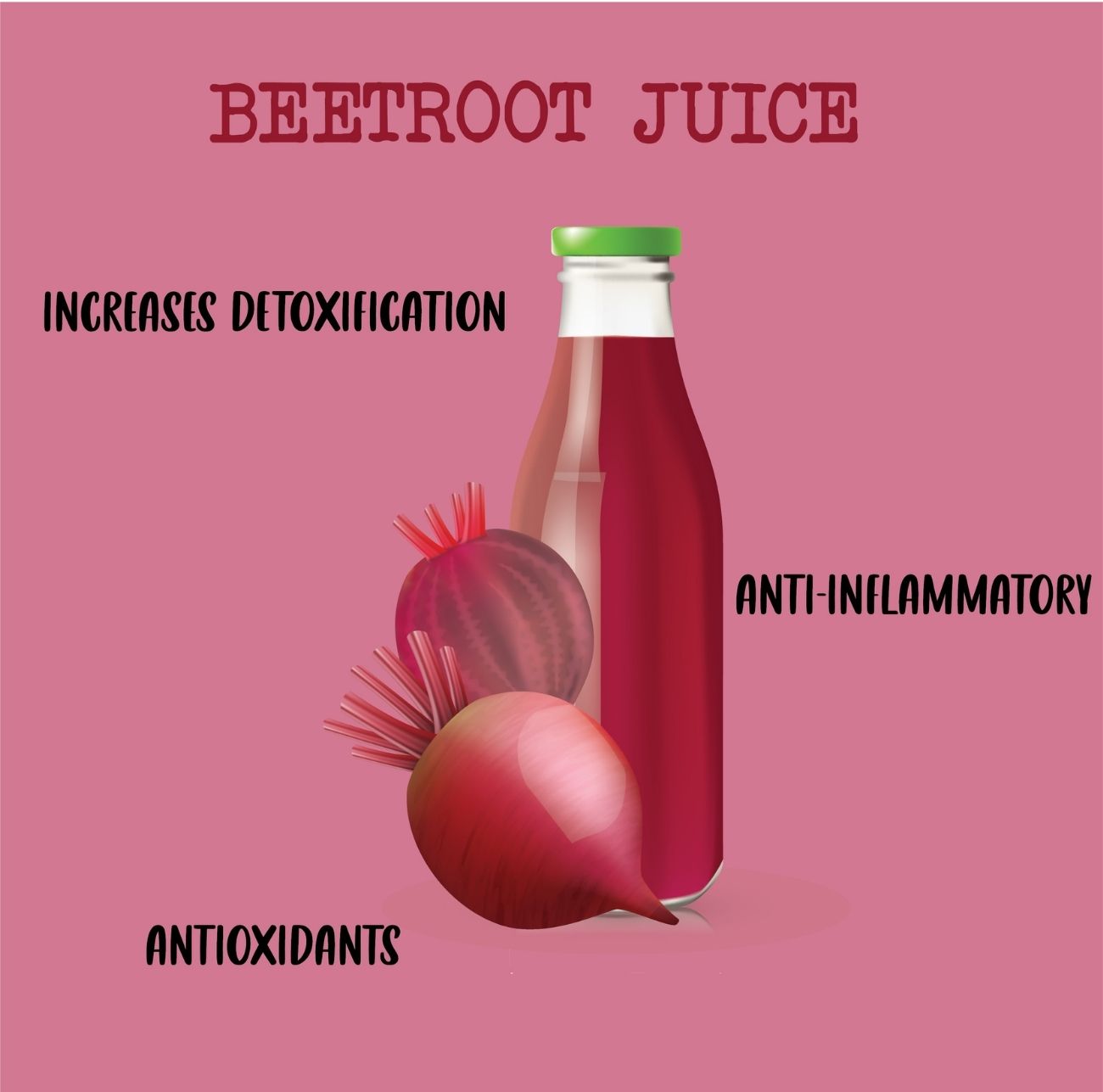
Anti-aging benefits include:
- Beets have powerful antioxidants that help fight signs of aging.
- Beets contain nitrates which stimulate blood flow to your brain
- Beets are also anti-inflammatory due to antioxidants called betalains.
- These red vegetables also help support your liver by increasing detoxification, an important factor in keeping you from accelerating the aging process.
Recipe for Beet Juice
- 1/2 beets
- 5 romaine lettuce
- 1 fuji apple
- 1 lemon
- 1/2 inch knob ginger
Wash and peel beets. If your beets are not organically grown, discard the stems. That area between the top of the beets and stem is where pesticides hang out! Put all the ingredients through your juicer. Enjoy with some ice!
The Benefits To Lime Juice
One of the benefits of lime juice is that it serves as a natural antioxidant, which is as important as any other benefits. Other benefits include protection against cold and illnesses caused by bacteria, boosting the human immune system, and many more.
Nutrition
If you leave the pulp in the juice, then the end result will have higher fiber. Limes have no cholesterol, free of fat, and 90% of lime’s content is water.
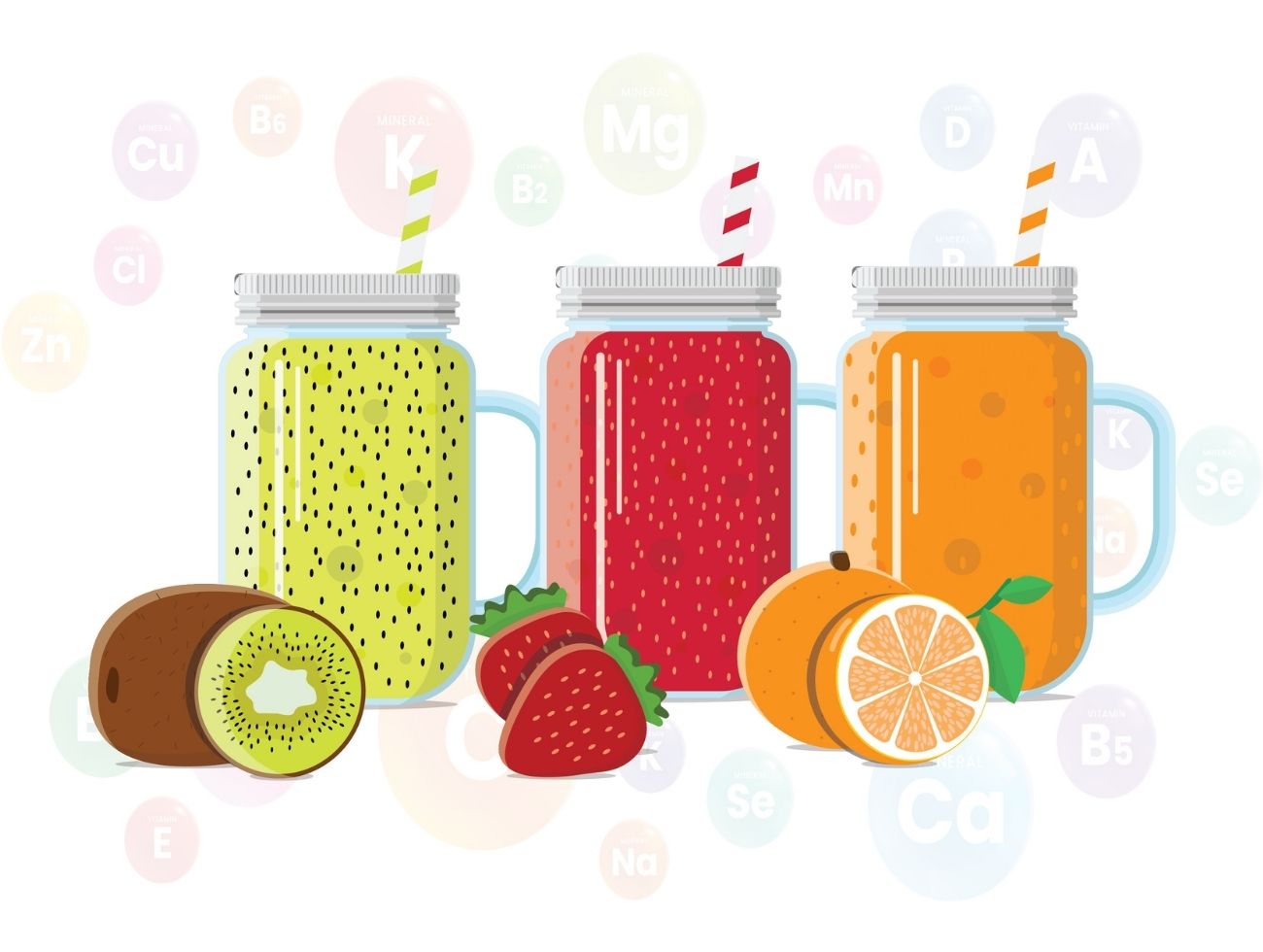
Minerals include small amounts of:
- Calcium
- Vitamins E and K
- Magnesium
- Phosphorus
- Potassium
- Zinc
Different ways lime juice fights against illnesses
As beneficial as lime juice is, it’ll be hard not to think it can actually help one battle a few illnesses, no matter how severe they might be. Let’s take a look at some of them;
Treat and prevent common colds
Lime is quite rich in Vitamin C which is a very vital element when battling common colds and flus. When a hot lime is mixed with ginger and honey, it helps soothe sore throat as well as boost the immune system too so lime’s importance in this sense cannot be overemphasized.
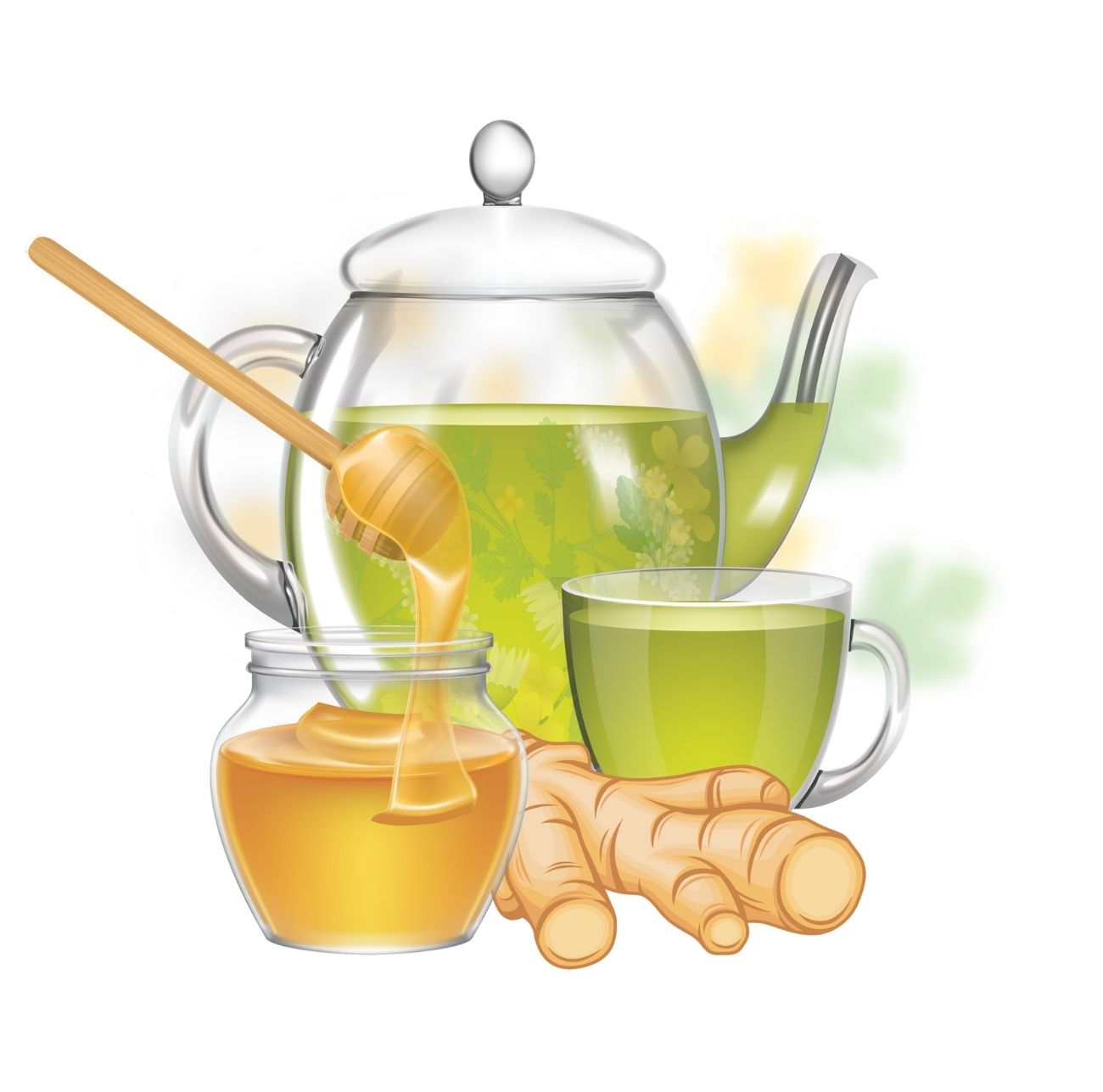
Aid digestion
If you add lime juice to your meals, you’re in some way improving digestion which will in turn help prevent gastric inflammation.
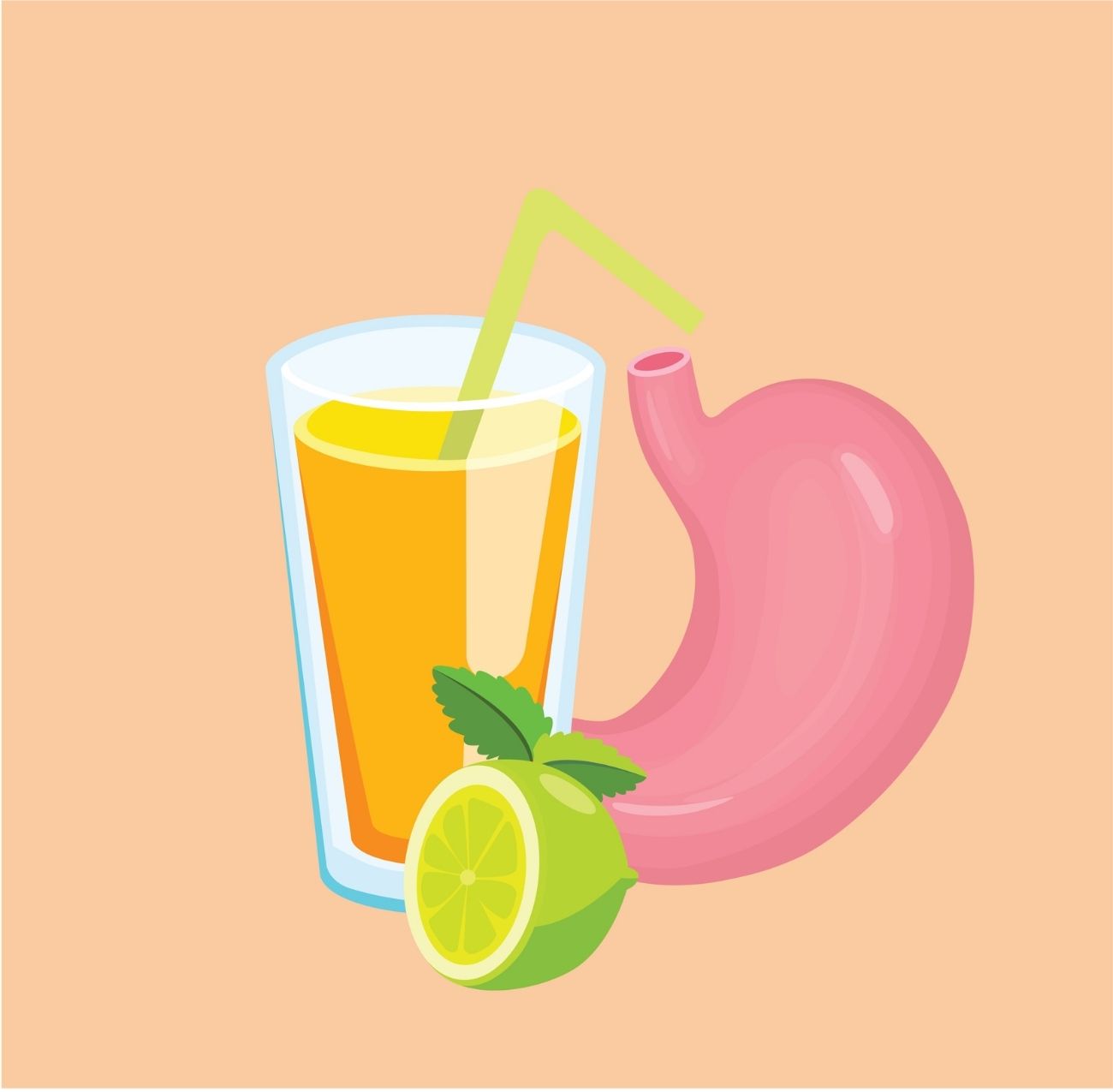
Super-charge your immune system
We mentioned earlier that the presence of Vitamin C, and some other useful vitamins in your lime juice are strong enough to help boost your immune system and get them ready to combat different diseases.
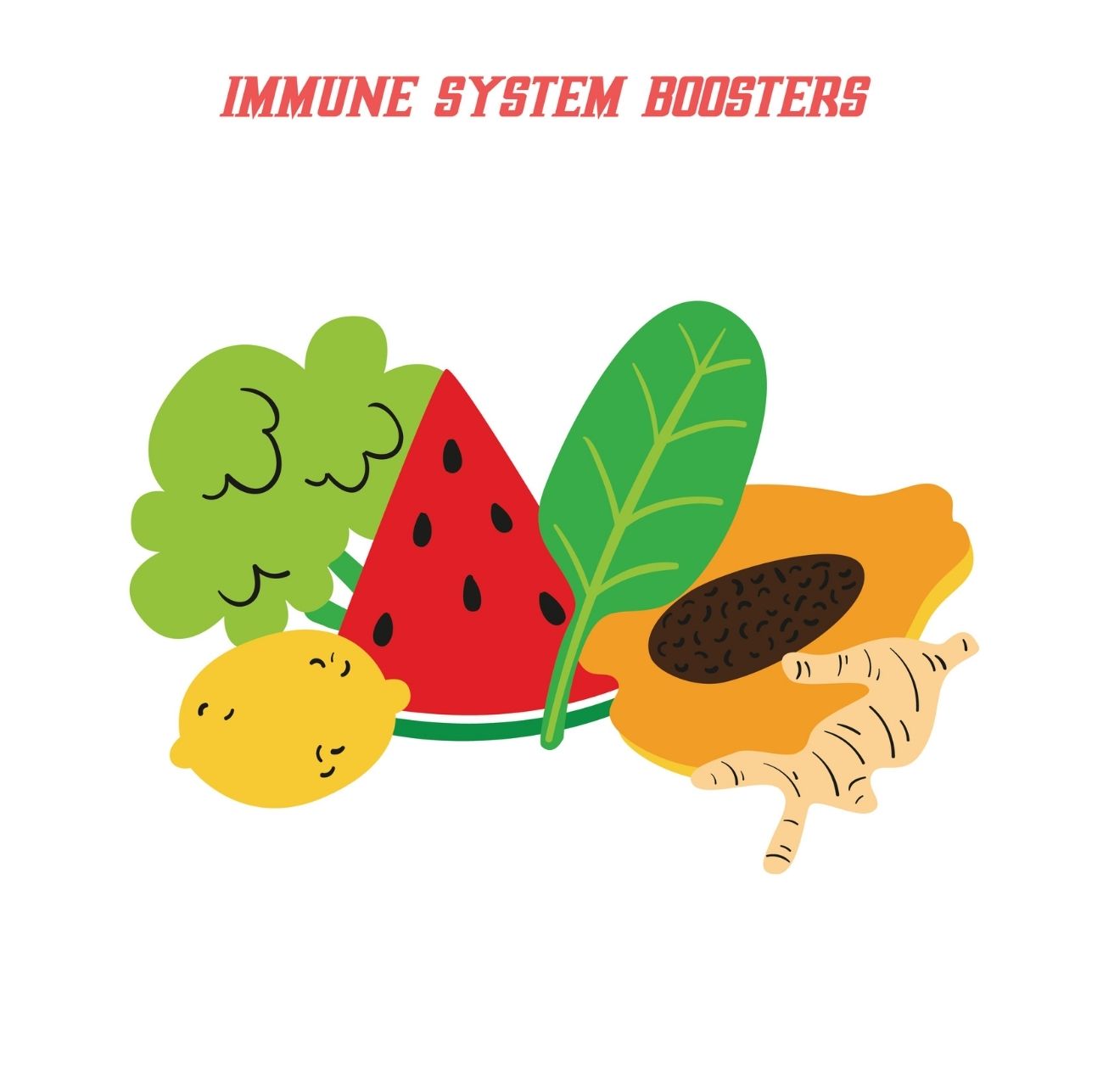
Improve malaria treatments
You can also include lime in your treatment for malaria but make sure you get your doctor’s recommendation before you proceed with this. It’s safe to say though, that you’re likely not to have negative side effects if you use it in line with your doctor’s recommendation as part of the treatments for malaria.

Protect your eye health
A quick health fact is that one of the basic assignments for Vitamin C is to help protect the cornea (a part of the eye) from sun-producing ultraviolet B radiation.

Reduce inflammation naturally
Naturally, Vitamin C contains great anti-inflammatory effects and it helps to battle illnesses like nerve pain, inflammatory conditions, fibromyalgia and arthritis among many others. So if you have any of these illnesses, you should consider taking more citrus juices.
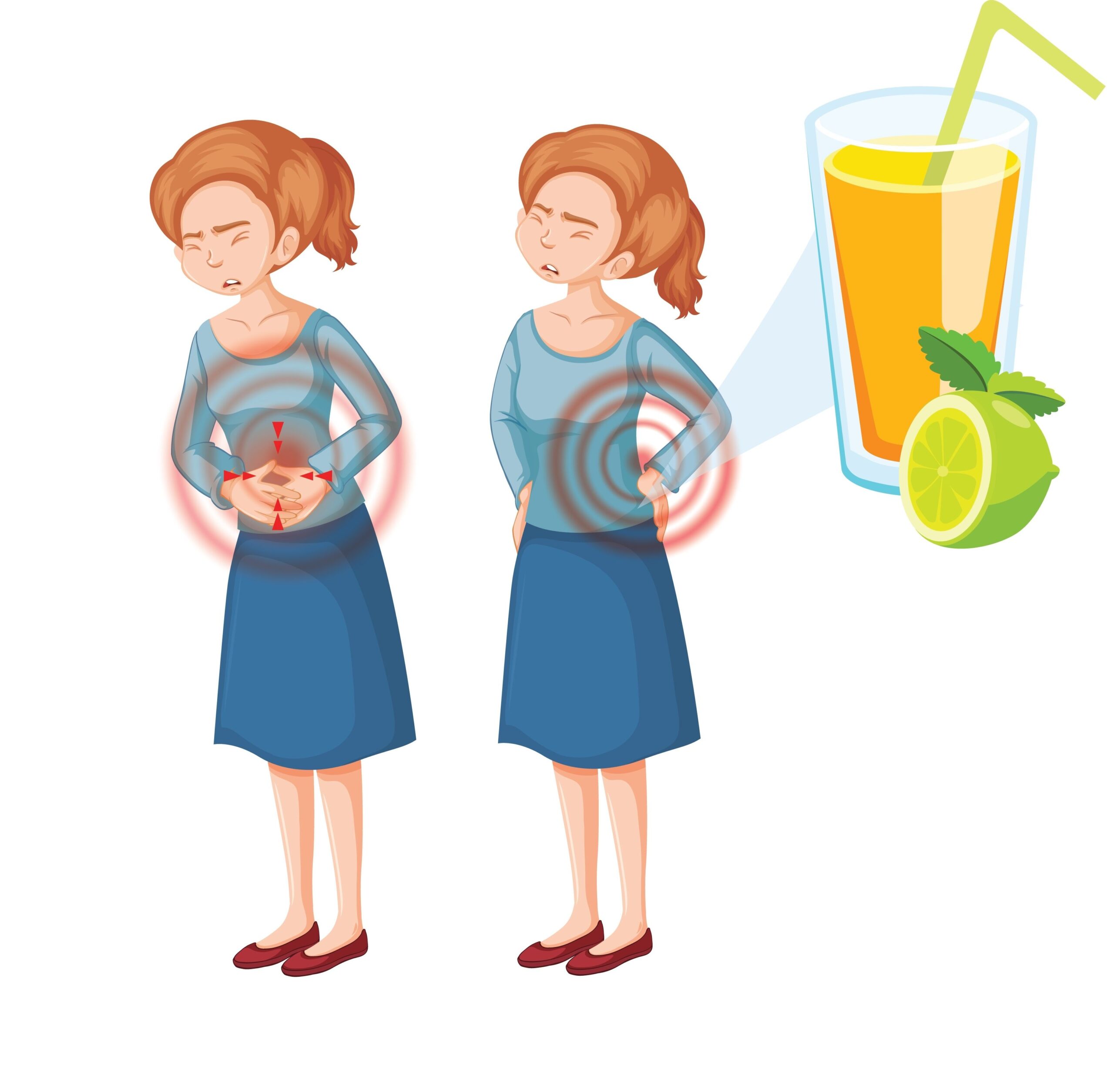
Manage diabetes
When combined with metformin, supplements of Vitamin C help manage sugar level, which in turn puts diabetes in check.

How to use lime juice
- If you have sliced limes, squeeze the content into a glass of water.
- To make home-made cocktails like daiquiris and mojitos, you can opt to use a mixer and still get the best results.
- You can also use your lime to make limeade or cordea.
- With your lime, you can also make fresh marmalade and lime curd.
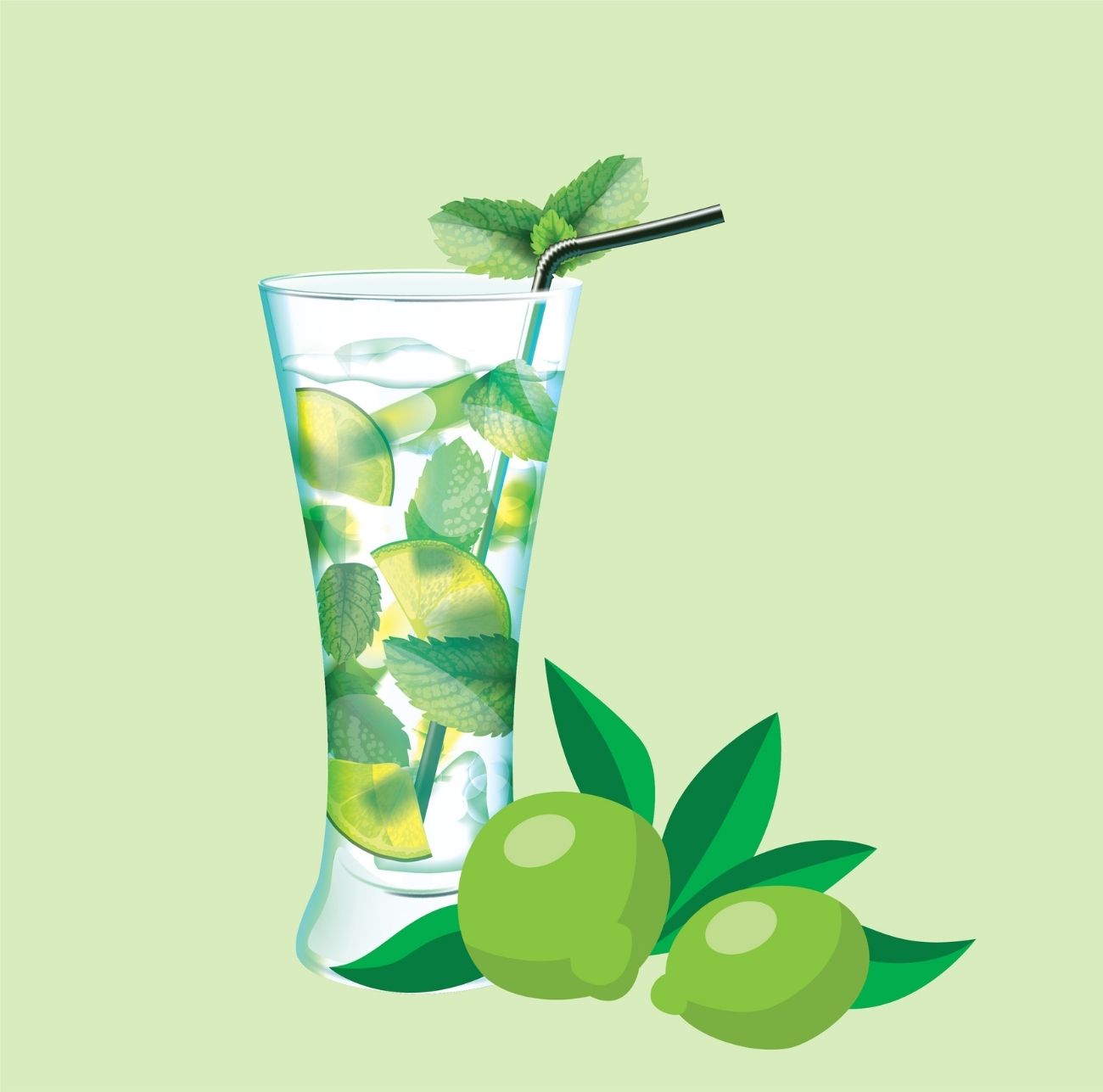
Lime juice can improve your skin
- Fortunately, lime can also be used to treat some skin issues like dandruff. When treating dandruff with lime, add it to the affected area in the scalp and leave for about 10 minutes before washing it off.
- For oily skin, mix 1 teaspoon of lime with 1 teaspoon each of pureed cucumber and rosewater. However, if you have a very sensitive skin, do not try this and look for safe alternatives.

Storage
Knowing that a juice like lime juice is high in vitamin C and other beneficial nutrients, you always want to do all you can to keep the nutrients intact and how do you do this? By properly storing the juice. You can store your juice (when freshl) in a tightly-sealed container in the refrigerator for a month and still have all the nutrients like it has just been freshly made. In case it ever gets completely frozen, do well to store the cubes in a tightly-sealed freezer bag.
A Formula For Juice…
To get a juice with versatile taste, you need to maybe combine fruits and vegetables but oftentimes, people do not always get it right. Below, we have a general formula (categorically) you can combine to get the best results;
- FOR SOMETHING SWEET: grape, orange, melon, apple, mango, kiwi, pineapple, etc.
- TART: limes and lemons will give you what you need for this.
- FOR SOMETHING GREEN AND EARTHLY: mustard green, beet green, chard, lettuce, kale, arugula, spinach, etc.
- FOR SOMETHING HERBAL: mint, cilantro, basil, and parsley.
Peeling and Not Peeling Produce
For some reasons, leaving the fruit or vegetable’s skin unpeeled gives you the best results while for some other reasons, taking them off is necessary, especially for one’s health. Below, we have a list of the few exceptions where peeling the skin off is most recommended. Take a quick look at them;
- Fruits or vegetables that have been waxed.
- If you can’t compromise on the taste of your citrus fruit, then you should consider peeling the skin because having the skin processed with it will definitely change the flavor.
- Kiwi
- If you’re bothered about the juice color, peel off the skin.
FREQUENTLY ASKED QUESTIONS
Can I replace meals with juice as part of a weight loss program?
While some juices are ideal for weight loss, they should not and never be used in place of your daily meals.
What is the best time to drink vegetable juice?
Juices provide your body with rich nutrients and also protect your body with antioxidants, so they are highly recommended but when should you take them? Vegetable juice is advised to be taken in the morning with breakfast, and in the evening, right before supper.
How to make cold pressed juice?
1: Gather Ingredients and Equipment
- Select fresh and ripe fruits or vegetables of your choice. The best option to go with are apples, oranges, carrots, kale, spinach, and cucumbers. Wash and clean all the fruits and vegetables.
- Next, you will require a cold press juicer. It operates at a slower speed that helps in minimizing heat and oxidation during the juicing process.
2: Prepare the Produce
- Peel and remove any unwanted parts, such as cores, seeds, or stems.
- Cut the fruits and vegetables into smaller pieces to fit easily into your juicer chute.
3: Start Juicing
- Turn on your cold press juicer and begin feeding the prepared fruits and vegetables and ensuring that it slowly grinds and presses the veggies and fruits.
4: Collect the Juice
- Place a glass or container under the juicer’s spout to collect the freshly extracted juice.
- For an even and smoother juice, strain it through a fine mesh strainer or nut milk bag to remove any remaining pulp or sediment.
5: Serve and Store
- Pour the cold-pressed juice into glasses and serve immediately to enjoy the maximum freshness.
- Store the leftover juice in an airtight container in the refrigerator for up to 72 hours.
6: Clean Up
- After juicing, carefully disassemble the juicer and clean all the parts.
Note: Keep in mind that cold-pressed juices are best consumed shortly after juicing to retain their freshness and nutrients.
Is rw knudsen juice healthy?
RW Knudsen juices can be a part of a healthy diet when consumed in moderation. They are made from 100% fruit juice without added sugars or artificial ingredients, which can be beneficial. However, it’s essential to be mindful of portion sizes and consider the natural sugar content in the juices. For overall health, it’s always best to prioritize whole fruits and vegetables as the main source of nutrients.
